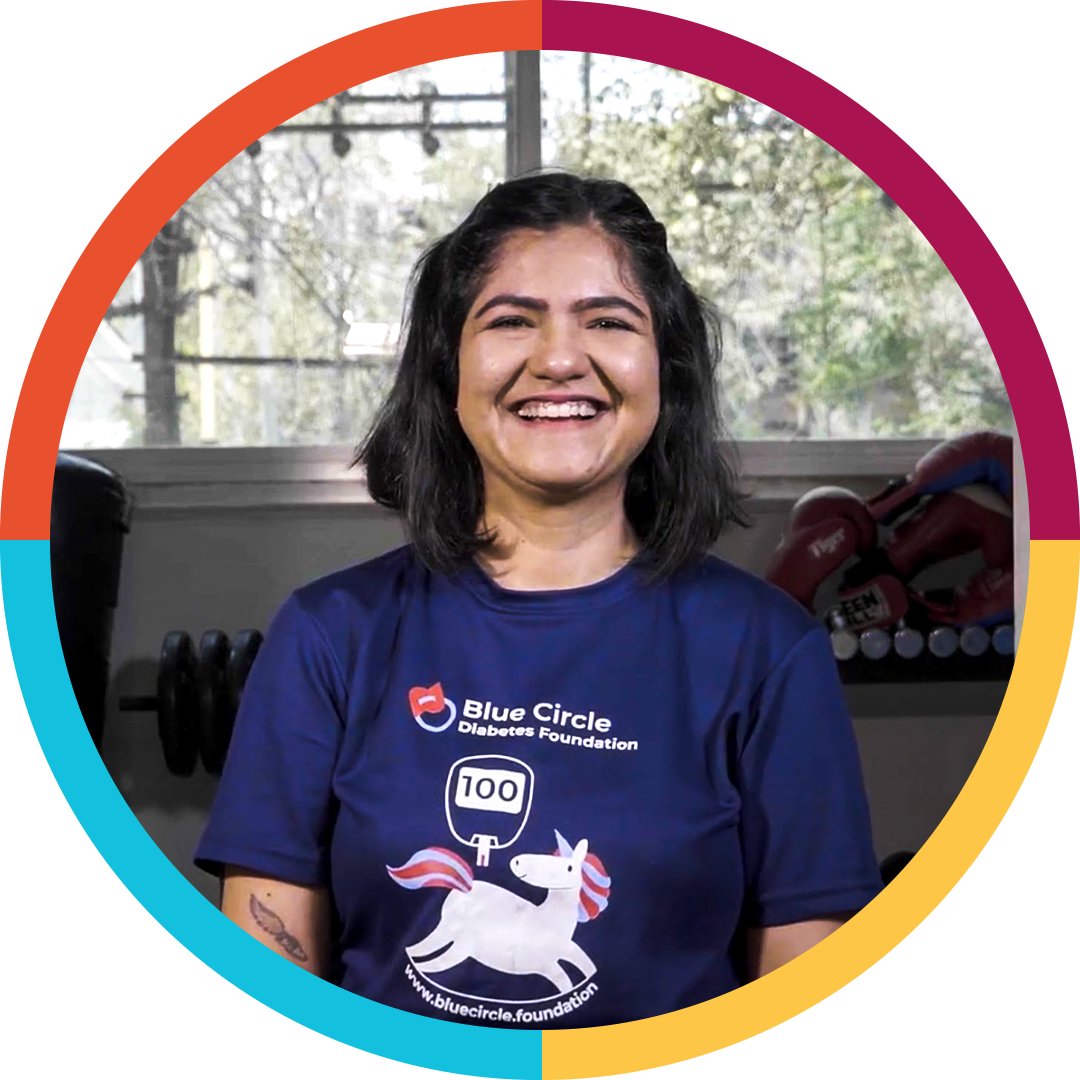Co-hosted by Unicef, The George Institute for Global Health, NCD Alliance, and Ely Lilly, the panel discussed the role and vital importance of communities, civil society, youth, and people living with NCDs in advancing NCD prevention and control.
Lucía Feito Allonca shared insights from over 33 years of lived experience with type 1 diabetes. She highlighted the strong connection between NCDs, mental health conditions, and neurological conditions — and the urgent need for strong primary health care, universal health coverage, and truly people-centered care.
"People with lived experience bring unique expertise to the policy table. Meaningful Engagement plays an essential role — not just as consultation, but as co-creation and co-development throughout the entire health system. Meaningfully involving us is fundamental to building resilient, inclusive, and responsive health systems that truly serve those they are designed for,” she said.
The upcoming fourth UN High-Level Meeting of the UN General Assembly on the Prevention and Control of NCDs and the Promotion of Mental Health and Well-being (HLM4) should serve to recommit to NCDs as a priority at the highest political level. The meeting will take place on 25 September and is expected to outline a collective vision for years ahead and agree to a course of action for accelerating progress against SDG target 3.4 on NCDs, and SDG target 3.8 on Universal Health Coverage.
“Engaging civil society, communities, youth, and people living with NCDs in decision-making and implementation is critical to advancing the response. Putting people at the heart of the NCD response requires engaging communities from the very first stages of design and planning through to implementation, evaluation, and scale-up”, said Dr. Raoul Bermejo, Health Specialist from UNICEF.
Panellists emphasized that when policies, programmes and services are shaped by those they are meant to serve, they stand to be more impactful and sustainable.
“Social participation builds trust and local ownership, increases accountability and promotes health systems that are people-centred”, said Saba Husain, Senior Director, Social Impact – Global Health Initiatives, Eli Lilly and Company.
The panel explored how to advance governments commitments on community engagement, and pertinent strategies to link different stakeholders such as multilateral organisations, and the relevant private sector, to support communities, civil society, youth, and people living with NCDs in accelerating the NCD response.
“Young people are already leading advocacy on NCDs and mental health. But we can’t do it alone. We need political will, sustained investment, and trust in our leadership”, said Florencia Leiva, Youth leader of the Coalition for Americas’ Health (CLAS).
“We tap into existing resources, such as the whole network of community health workers. Digging into what the communities can do themselves facilitates dialogue and networking”, said Dr Mary Amuyunzu Nyamongo, Chair, NCD Alliance Kenya
Claudia Selin Batz, Policy and Advocacy Advisor UK, The George Institute for Global Health, moderated the event and emphasized that “amplifying the voices of civil society, youth and people living with NCDs at this week’s UN hearing is needed to highlight advocacy priorities from the national and regional levels for the global discussion”.
In her closing remarks, Katie Dain, CEO of NCDA, highlighted that the HLM4 offers a golden opportunity to secure political commitments on community engagement, building on previous HLMs and on the significant progress seen over the last seven years.




